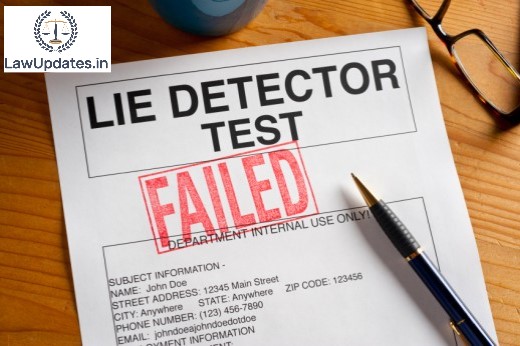The Kerala High Court on Wednesday held that Section 438 (4) of the Code of Criminal Procedure (CrPC) does not create an absolute bar on granting pre-arrest or anticipatory bail to persons accused of raping minors, particularly when no prima facie case found against the accused.
Section 438 (4) CrPC effectively says anticipatory bail cannot be granted in “any case involving the arrest of any person” accused of child rape, which is punishable under Sections 376 (3), 376-AB, 376-DA and Section 376-DB of the Indian Penal Code (IPC).
The Court noted that the wording of Section 438 (4) indicated that the bar on pre-arrest bail would only operate if there is some credible information against the accused or a prima facie case is made out against the accused which necessitates his arrest.
Justice Kauser Edappagath further reasoned that many child rape cases are patently false and are lodged only to frame innocent persons.
The Court explained that there will be no protection available to such innocent persons against whom false and motivated accusations are made if there is an absolute ban on granting them pre-arrest bail under Section 438 (4).
“If the exclusion of the provision for prearrest bail embodied in Section 438(4) of CrPC is treated as absolute, there will be no protection available to innocent persons against whom false and motivated accusations are made. Protecting the innocent is equally important, like convicting the guilty,” the Court underscored.
The Court agreed that rape or gang rape of minors is grievous and that excluding the provision of pre-arrest bail in genuine cases is absolutely justified.
However, the Court further observed that the criminal justice system needs to strike a balance between punishing the guilty and protecting the innocent.
“Thus, the exclusion clause cannot, by any reasonable interpretation, be treated as applicable when no case is made out or allegations are patently false or motivated. Limiting the exclusion to genuine cases is essential to protect the fundamental right of life and liberty guaranteed under Article 21 of the Constitution of India,” the Court held.
The High Court was considering two anticipatory bail applications filed by two men both of whom were accused by their estranged wives of raping their minor daughters.
Both the accused persons contended that a false case was foisted against them at the behest of their wives to deny the husbands custody of their children.
On examining the merits of these applications, the Court dismissed the anticipatory bail plea by one of the accused on finding that a prima facie case had been made out against him.
In the second case, the police informed that the case was slated to be closed as no evidence was found against the accused to support the allegations.
The police submitted that a report had already been filed in this case to get sanction to categorise the case as being a ‘mistake of fact’, and that the accused would not be arrested. In view of this submission, the Court closed the plea.
Senior Advocate B Raman Pillai and advocates KK Dheerendrakrishnan, NP Asha, P Harikrishankar and S Rajeev appeared for the bail applicant in one case.
In that case, the State authorities were represented by senior public prosecutor Hritwik, Senior Advocate P Vijaya Bhanu, and advocates Nikita J Mendez, PM Rafiq, M Revikrishnan, Ajeesh K Sasi, Sruthy N Bhat, Rahul Sunil and Srithy KK.
Advocates Shibin KF and Seby Joseph appeared for the second bail applicant.
The State authorities were represented by senior public prosecutor CS Hritwik and advocates CP Udayabhanu, RK Asha, Abhilash AJ, Navaneeth N Nath, PU Pratheesh Kumar, Boban Palat, Abhishek M Kunnathu and Rasal Janardhanan A.
Source Link




